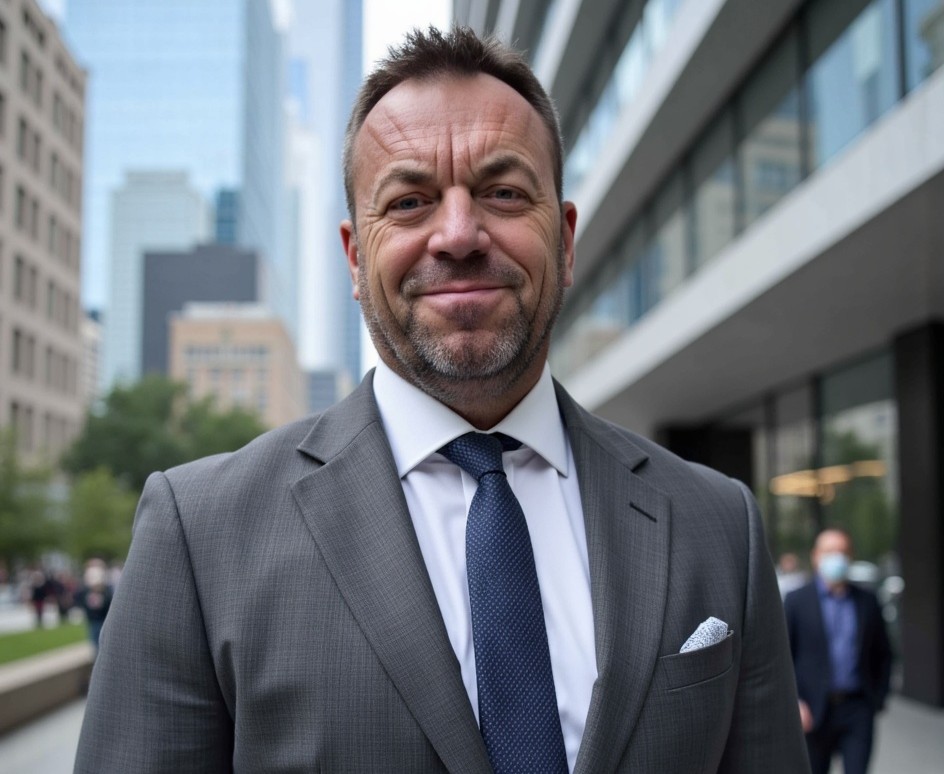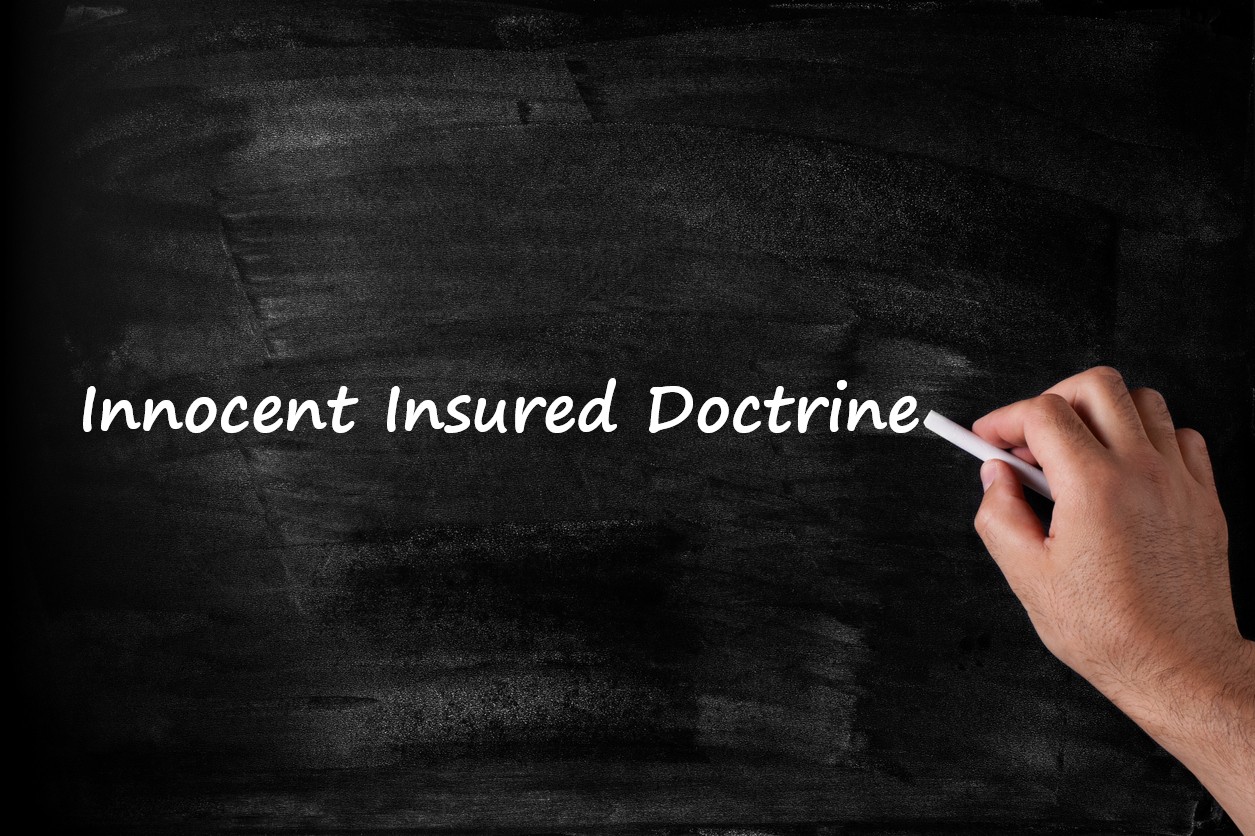 At the end of the day when many of us are tired and spent from our efforts, most lawyers’ lawyers just want to feel we somehow contributed. While many understandably poke lawyers as only interested in making money, most in the profession know differently. Good lawyers want to help others. They are driven to contribute to the community and better society. It is something innate I see in many of my colleagues. These lawyers want to play the game and make a difference.
At the end of the day when many of us are tired and spent from our efforts, most lawyers’ lawyers just want to feel we somehow contributed. While many understandably poke lawyers as only interested in making money, most in the profession know differently. Good lawyers want to help others. They are driven to contribute to the community and better society. It is something innate I see in many of my colleagues. These lawyers want to play the game and make a difference.
One such hardworking, contributing and philanthropic attorney, Charlie Hounchell, passed this past Sunday. I am lucky and proud to say he worked in my firm for a period of time. I am a better person and lawyer for it. Charlie was a few months younger than me. If death can suddenly take a person as beautiful, charming and passionate person as Charlie, we should contemplate our own mortality a little more seriously.
The Tampa Bay Times had this to say about Charlie Hounchell:
"He was a lawyer with an MBA and a real estate license; a former assistant state attorney who owned a furniture store; and a community activist who sat on more than a half-dozen nonprofit boards, at least two of which he chaired simultaneously.
At every turn, he gained friendships. A former model in South America and Europe, Mr. Hounchell combined a striking appearance with an unflappable demeanor.
"Any time there was a worthwhile community event, Charlie was not only there to lead the charge, he made sure that everyone else was there," said former Hillsborough County commissioner Rose Ferlita.
He was resourceful, whether whipping up one of his kitchen-sink Bloody Marys or roping friends into nonprofit work. A few years ago, he persuaded Tampa crime novelist Michael Connelly, a friend of 35 years, to judge entries for the writing portion of a high school arts scholarship Mr. Hounchell started.
…
He earned an MBA at an Arizona college, then returned to the Tampa Bay area and worked as a prosecutor. From there, he owned a medical billing company for several years. He also operated a law firm and title company and sold real estate.
His marriage of 11 years ended. The couple have remained close. "He was my best friend," Barbara Lynch said.
Mr. Hounchell came out as a gay man. For the last decade, he had been romantically involved with Stephen Gay, a fellow real estate agent. In 2005, Mr. Hounchell opened a South Tampa furniture store with Lynch, Gay and Linda Connelly.
In the meantime, his involvement in causes went way beyond writing checks. Mr. Hounchell once worked with the Florida Coalition Against Domestic Violence, and later chaired the board of The Spring of Tampa Bay, Florida’s largest domestic violence shelter.
He served on the board of Tampa Bay Businesses for Culture and the Arts for several years, chairing it for two years.
In 2007 he set up the High School Art Stars Scholarship Program, which awards $15,000 annually to high school students. In recent years Mr. Hounchell was also a board member of the Tampa branch of Equality Florida, a civil rights organization for the state’s lesbian, gay, bisexual and transgender community."
Thousands of cases have come and gone through my firm. I watch and give my two cents worth on a number of them. I want to share one long ago case where Charlie was the lead attorney.
An elderly couple of very moderate means from Miami was referred to me regarding Hurricane Andrew damage to their home. They only spoke Spanish, and I only speak a unique form of English. So Charlie, who was fluent in Spanish, was assigned the matter. They were not paid enough money to fix their home or for a sufficient roof to keep rain from leaking in. The insurer refused to pay more money and problems had gotten so bad that nearly five years after original payment, the interior of their home was being destroyed again.
The insurance company indicated our clients signed a release. Indeed, they showed it to us. The insurer also showed us a check that said "payment in full." The problem was that our clients never disputed the insurer’s payment until several contractors pointed out the scope of work prepared by the insurance adjuster was not sufficient to fix the home. The couple had younger relatives who could speak English call the insurer and explain the situation, but the insurer responded with "sorry, they signed a release and no more money is coming."
Unlike third party liability situations where adjusters can ethically obtain releases, first party property adjusters should never seek a release unless a good faith dispute arises. They should simply pay and if more damage is uncovered or other situations make the original payment inadequate, the additional amount needed to repair the damage should be paid.
Our work can be very emotionally rewarding; we can really make a difference to people and their lives. Charlie’s work in that case was extraordinary. He uncovered other instances where the adjuster performed inadequate adjustments of property belonging to other elderly couples. He found one instance where another Hispanic family claimed the release language was covered up and they were told they were signing an acknowledgement of payment — not a release obtained through chicanery. Our husband client could not even write his own name and signed with an "x." Even if the release was valid, he could not read nor understand it.
The settlement was substantially more than the amount needed to rebuild the house. I remember Charlie smiling as he told me about his unsuccessful attempts to explain to our clients they could keep the extra money because it was punishment for the insurer’s wrongful conduct and the harm it caused them. He did a great job. I know he made a difference to the clients, and I hope the insurer’s claims management learned not to treat their clients with such contempt.
And I can still see Charlie’s smile in my mind. I will miss him.



